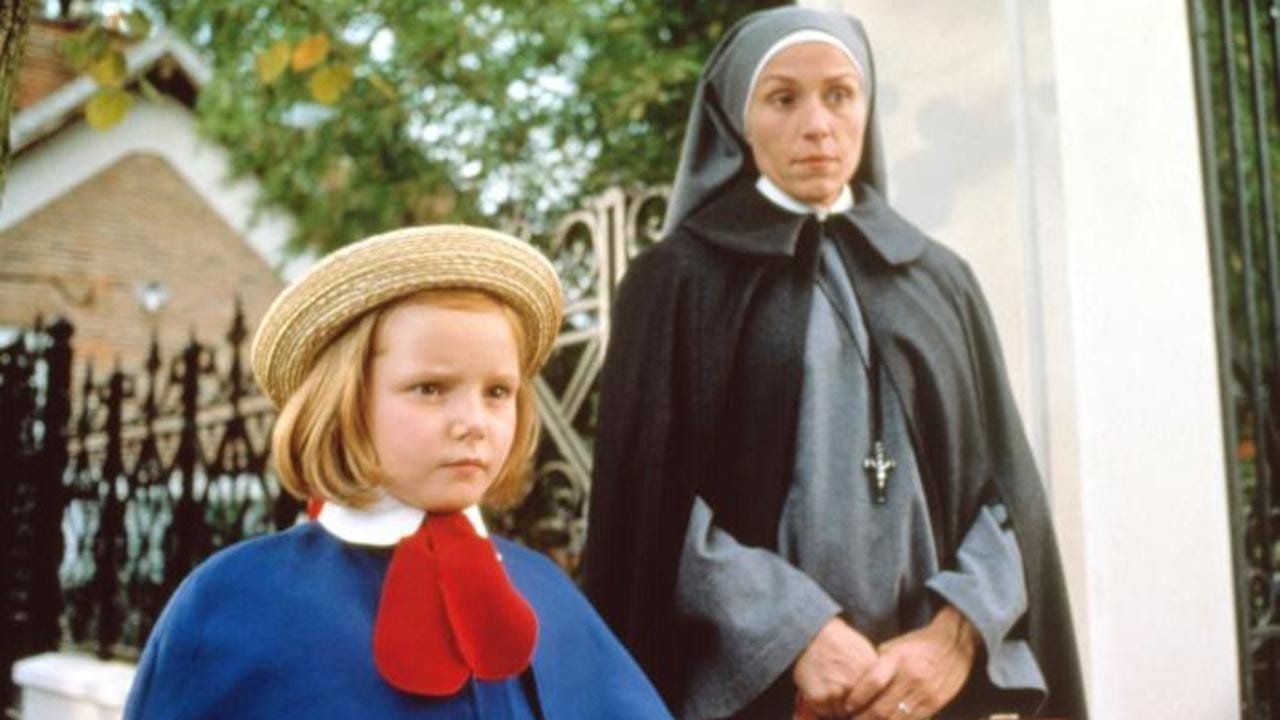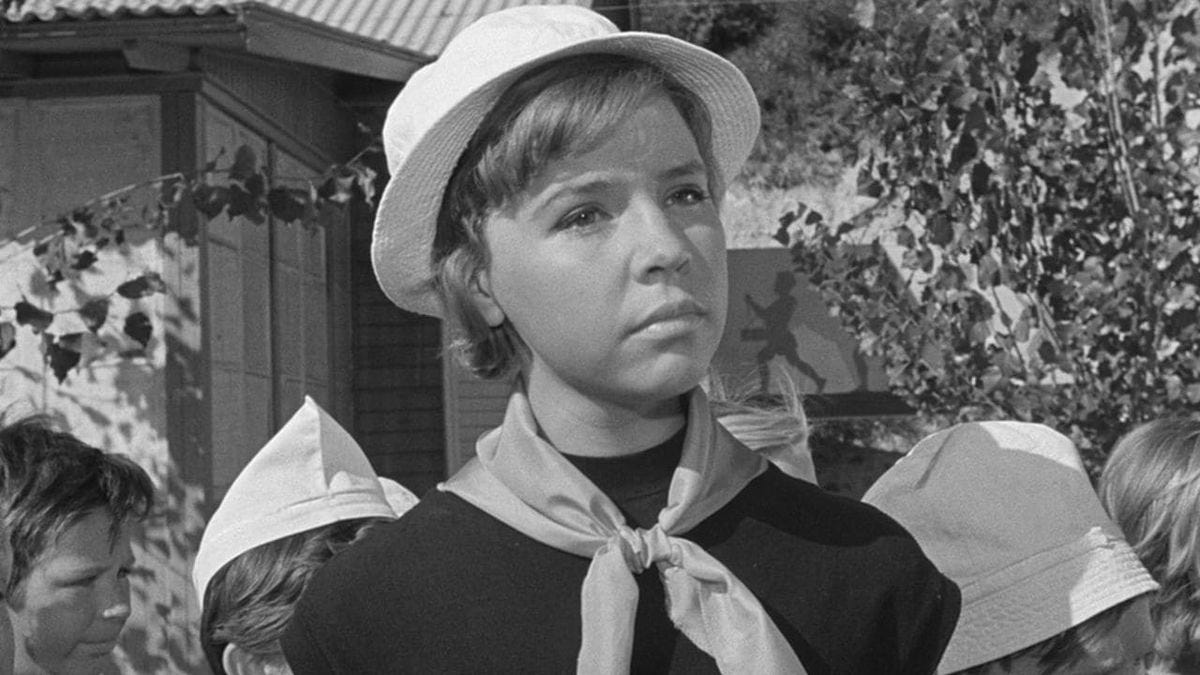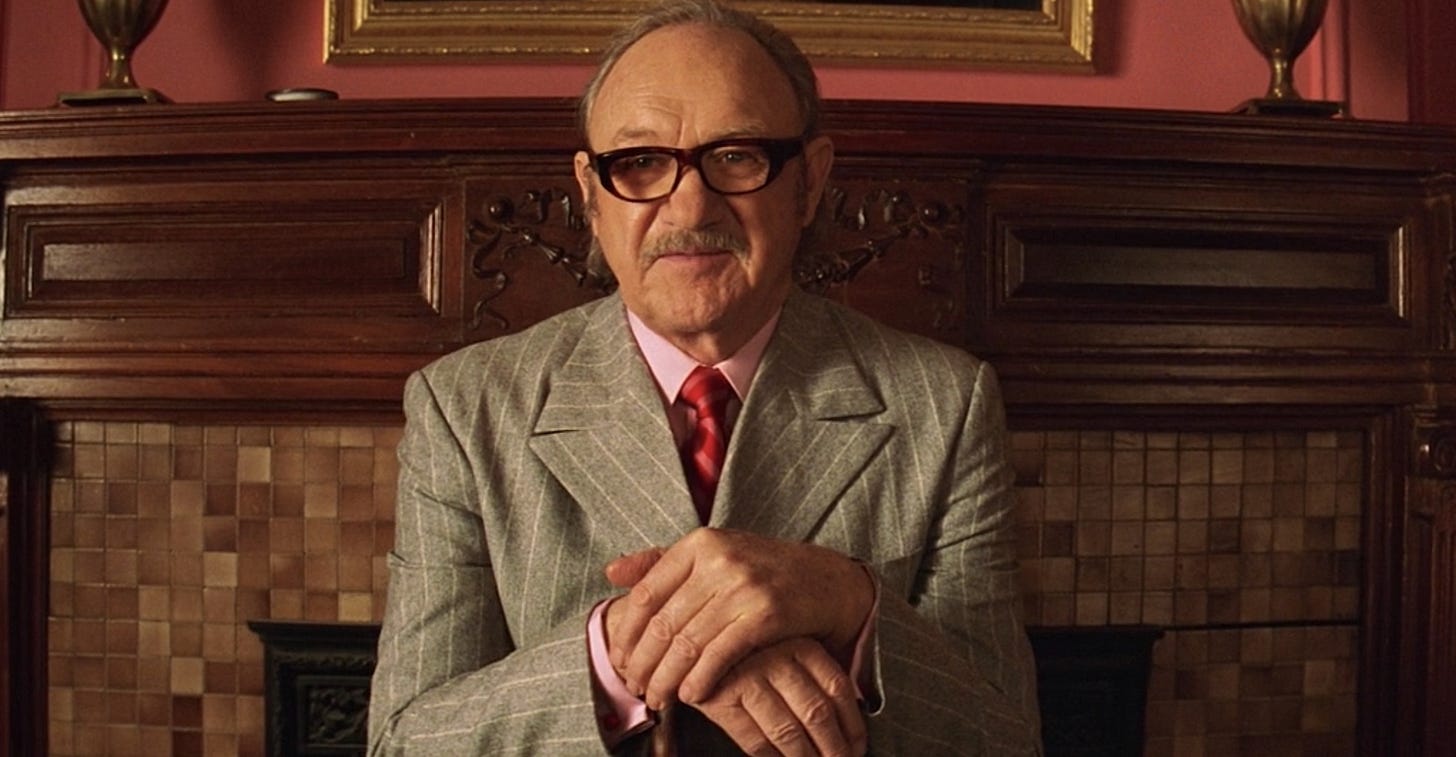Welcome to Prix Fixe, a series on Never Cursed where I pair a movie I love with a set menu of other things to enjoy (paintings, movies, music, poetry, etc.), each one resonating with the film in a different way.
For this week’s Prix Fixe “Potluck” I’ve gathered a smorgasbord of culture recommendations from some of my favorite artists & pals of Never Cursed to pair with Wes Anderson’s newly released The Phoenician Scheme. I went to see Phoenician Scheme on a last minute whim opening night with very low expectations, and was surprised by how fun and moving the movie is. It feels like Wes is finally tapping back into an emotional depth & coherence that’s been waning since Fantastic Mr. Fox.
I’m so pleased that this week’s Prix Fixe features writers and designers who have engaged deeply with Wes Anderson’s filmography, including Beth Mathews, the designer of the upcoming Wes Anderson Criterion box set; Ian Nathan, the writer of Wes Anderson: The Iconic Filmmaker and His Work; and Marshall Shaffer, who recently wrote a great interview with Wes and Michael Cera for Slant. We’ve also got contributions from brilliant filmmaker (& friend of Never Cursed1) Michael Tyburski, A Rabbit’s Foot’s digital editor Kitty Grady, and film writer Allison Picurro AKA Miss Boy Movies herself.
Thank you so much to all the sweet friends who contributed to this Phoenician Scheme Prix Fixe, a delightful menu if I’ve ever seen one. I loved putting this together SO much. If there’s a movie you want to collaborate on for a guest post, DM me!
Kitty Grady (A Rabbit’s Foot)’s Pick: Madeline (1998)
“I'm a sucker for anything with a nun in it, so I'd recommend the 1998 version of Madeline, an adaptation of Ludwig Bemelmans series of children's books about a girls school in Paris presided over by the nun Miss Clavel, played with gritty exasperation by Frances McDormand, and I wouldn't be surprised if Mia Threapleton was inspired by her performance.” - Kitty
Michael Tyburski (Turn Me On, The Sound of Silence)’s Pick: The early comedies of Elem Klilmov2
While screening The Phoenician Scheme, I was reminded of the early comedy features by Soviet filmmaker Elem Klimov. I first came across the glorious Adventures of a Dentist while studying film in college; The Life Aquatic with Steve Zissou was still in theaters at the time, and already being a proper Wes-head by then, I couldn’t help but note the striking parallels in their sensibilities—symmetrical compositions, deadpan comedic beats, and even a guitar-playing narrator.
Klimov is probably best known for his masterful (albeit brutal) war epic Come and See, and the Rasputin bio-drama Agony. But decades earlier, he was making playful and whimsical comedies, including Welcome, or No Trespassing (the DNA of which is all over Moonrise Kingdom). In recent Wes films like Asteroid City and his wonderful Roald Dahl shorts, he seems at his most aesthetically assured, while referencing an earlier period in filmmaking and favoring older, boxier aspect ratios over the wider anamorphic frames of his earlier works. Although the timeless cinematic touch of Ernst Lubitsch is often cited as a key influence, I’d submit that Klimov’s comedies are often quietly on Wes’s mind too, and I couldn’t recommend them enough.” - Michael
Beth Mathews (Wes Anderson Archive box set)’s Pick: Ted Hawkins, Watch Your Step (1982)
“While designing the Wes Anderson Archive box set3, I listened to many of the soundtracks from his films. Songs like “Oh Yoko” by John Lennon and “Ooh La La” by Faces (“I Wish That I Knew What I Know Now”) embody the spirit of Wes’ movies in my mind. I recently discovered a new-to-me artist named Ted Hawkins, whose music I think would pair perfectly with riffling through the contents of the box set or playing in a scene from one of Wes’ films. Born in 1936, Ted Hawkins began as an anonymous street performer with a voice reminiscent of Sam Cooke. Over the years, he recorded a few albums, gained some fame in Europe, and later returned to street performing in his final years.” - Beth
Allison Picurro (Boy Movies)’s Pick: Paul F. Tompkins’ Jeffrey Wright rant
“Though he’s a recent addition to the WACU (Wes Anderson Cinematic Universe), Jeffrey Wright seems to officially have been solidified as a permanent fixture in the director’s wide net of favorite actors, having appeared in all of Anderson’s features since The French Dispatch. He’s but one piece of The Phoenician Scheme’s supersized ensemble, but his collaborations with Anderson are good news for the world at large, on account of them being made for each other and on account of the fact that Jeffrey Wright always brings the party. And yet: Wright’s presence in literally anything guarantees that I will zero in on him with the focus and precision of a sniper, unable to look at or think about any other actor in his immediate vicinity.
It’s all because of a seemingly innocuous pair of words: “Quite possibly…” Years and years and years ago, appearing on an episode of the podcast Doug Loves Movies, Paul F. Tompkins went on an impassioned tangent about Jeffrey Wright’s IMDb page in conjunction with his performance in Source Code. The way Tompkins seamlessly threads his impression of Wright’s trademark affectations with the grandiose language used to describe his acting abilities on the Internet Movie Database is like music to me. This clip, which clocks in at barely two minutes, has been lodged in the recesses of my mind for over a decade. To be clear, I love Jeffrey Wright. To be doubly clear, I can’t look at Jeffrey Wright without hearing, “Quite possibly the most underrated aaaaand underused actor of my caliber, aaaaand a generation!”” - Allison
Ian Nathan (Wes Anderson: The Iconic Filmmaker and His Work)’s Pick: The Royal Tenenbaums (2001)
“Even as Wes Anderson takes a turn in a new genre with The Phoenician Scheme, an amalgam of espionage thriller and caper movie, his preoccupations remain as fixed as his Planimetric Shots (you know: perpendicular to the background, dead centre of the frame). Ironically, what makes him stand out is how resolutely he sticks to being himself. Indeed, his new film doubles down on arguably the central theme of his decorous universe – dysfunctional father figures. Not for nothing is the annual American group art exhibition inspired by the films of Wes Anderson officially known as Bad Dads. That said, as unreliable as Mr. Fox, Herman Blume, Steve Zissou and Mr Bishop et al might be, and indeed apropos of The Darjeeling Limited, as recently dead, I prefer the nomenclature complex dads. If Anderson’s design can be measured with a set square, his emotional categorisation tends toward the messy. Though, Anderson himself is at pains to iterate to the Freudians out there that his own father, Melvor, can boast impeccable paternal credentials.
To accompany the wild attempts of flamboyant arms dealer Zsa-Zsa Korda (Benicio del Toro playing a character based in part on Anderson’s deceased father-in-law) to mend relations with his daughter and nun Sister Liesl (Mia Threapleton) in The Phoenician Scheme, I recommend returning to the embrace of that most complex Andersonian paterfamilias – Royal Tenenbaum, played with symphonic self-regard by the late, great Gene Hackman in tragicomedy The Royal Tenenbaums.
In its wry and affecting way, it is a story of rehabilitation wherein the dastardly Royal attempts to atone for the damage his titanic absence of empathy has wrought in his three children, a trio of child prodigies who have grown into adult failures (Gwyneth Paltrow, Ben Stiller and Luke Wilson). A process he begins by pretending to have cancer. By all accounts, Hackman was a hard man to please on set, a naturalistic superstar who let it be known how much he couldn’t fathom the director’s made-to-measure designs. Nevertheless, for an exhausted Anderson, Hackman simply was Royal. Somewhere in a long, tiring shoot, life was imitating art. Out of irritation or sheer talent, Hackman’s performance is a marvel, this great planet around which all the other characters orbit, but being chipped by doubt, age, and the alien stirrings of paternal love. Quite apart from its visual whimsy – by his third film, Anderson’s house style is firmly established in the New York Brownstone the Tenenbaums still call home – and the bone-dry, whip-smart one liners, the joy of the film lies in how moving it is to see Royal realise he actually means what he says. That’s the Anderson trick – genuine emotions beneath that pristine surface.” - Ian
Marshall Shaffer (Marshall and the Movies)'s pick: "The Firebird" from Fantasia 2000
“I didn't grow up in Wes Anderson's world -- well, not totally true, I went to his rival high school -- but I didn't get the exposure to "The Young Person's Guide to the Symphony" like the characters in Moonrise Kingdom did. Instead, I had Disney's IMAX extravaganza, Fantasia 2000, to expose me to the beauty of classical music. Across a year of first-grade carpool, we wore out the CD in my mom's car as compositions from Beethoven and Gershwin piped through the speakers of our red Chevy Suburban. I couldn't hum many of the melodies today, but those things enter your soul in such a way that's impossible to lose fully.
So I spent much of The Phoenician Scheme feeling some strange sense of auditory déjà vu, wondering why the music felt so familiar. A quick search for the soundtrack on Spotify for my walk home answered the question: Wes Anderson employed Stravinsky's "Firebird Suite" directly, and composer Alexandre Desplat later confirmed that he folded leitmotifs directly into his score. And like a moth to the flame, there I was cueing up Fantasia 2000 again and watching the "Firebird" sequence in the animated odyssey that brought orchestral music to life for young viewers.
There's no direct correlation between the content, but it was striking to see how different films across the ages can find inspiration from the same sonic source. Themes about the fragility of life, the inevitability of death, and the hope of rebirth reverberate across both works in ways I find deeply moving. It's a soaring experience to see any artist affix images to that last sequence in the finale: the buildup of horns toward a loud climax, only to have them pull back and build once more to a grand ending note. It's not unlike the experience of watching The Phoenician Scheme overall, where the real impact doesn't fully hit until after all is said and done.” -Marshall
& Finally, My Pick: To Catch A Thief (1955)
“What does Wes Anderson watch when he needs to chill out? A Rabbit’s Foot recently published a very fun piece on the process of designing Mia Threapleton’s gem-encrusted, return-to-her-familial-capitalist-tendencies-signifying Cartier rosary in The Phoenician Scheme. In that piece, they reference one of Cartier’s most iconic cinematic collaborations, Alfred Hitchcock’s To Catch A Thief. The more I thought about it, the more Hitch’s sunburned, sweaty Riviera caper seemed like it was made for Wes to watch after a long day wrangling his ensemble casts. Among other things, To Catch A Thief indulges: Wes’ love of hotels, his penchant for charming men with questionable morals, his interest in exacting scene construction, and his obsession with all things French. I’ve been teetering on the razor’s edge of anxiety & panic all week, and I think the only cure tonight is to spend a couple hours watching Grace Kelly drape herself over assorted velvet sofas. I hope Wes does the same.” - xo Hannah
❤️ in spite of our light bickering about the Wes Anderson Netflix shorts ❤️
*Welcome, or No Trespassing (1964) and Adventures of a Dentist (1965) are currently streaming on the Criterion Channel.
Available this Sept!










PERIOD!!! an honor to be one small part of such a glorious group 🫶
This is awesome